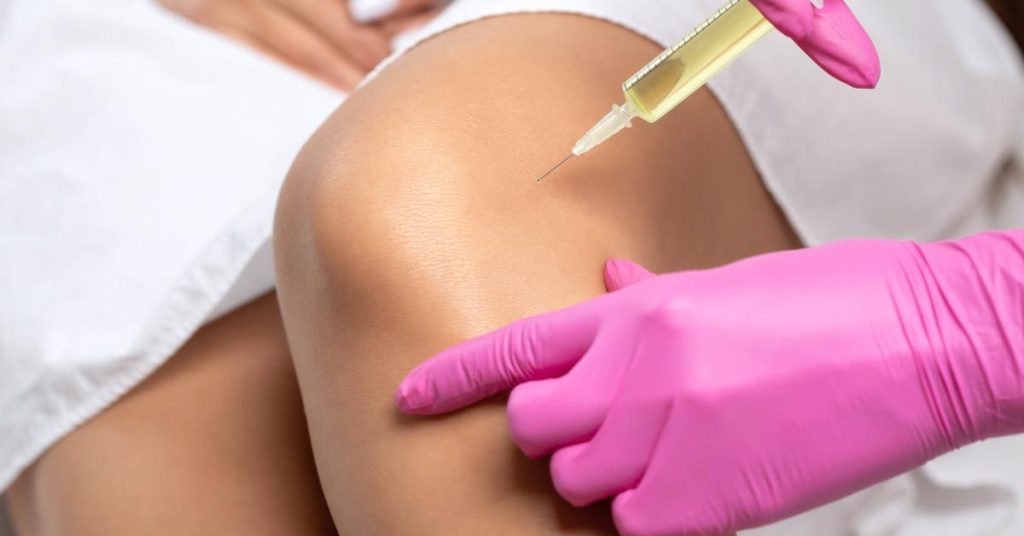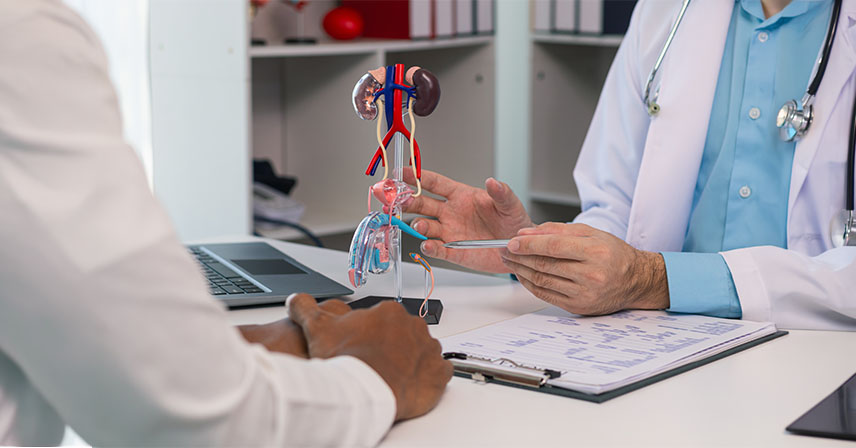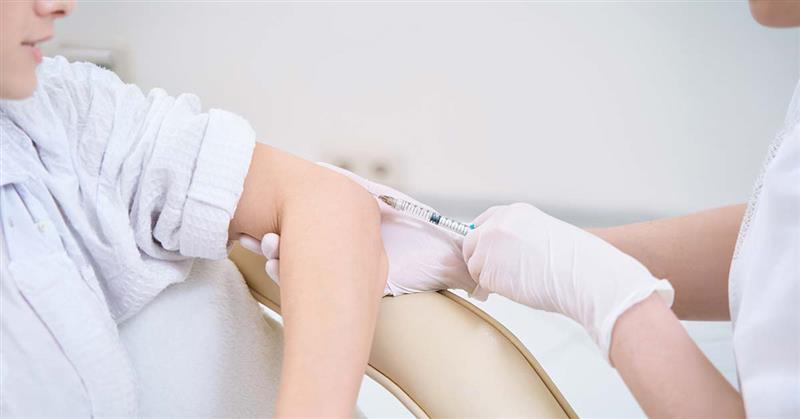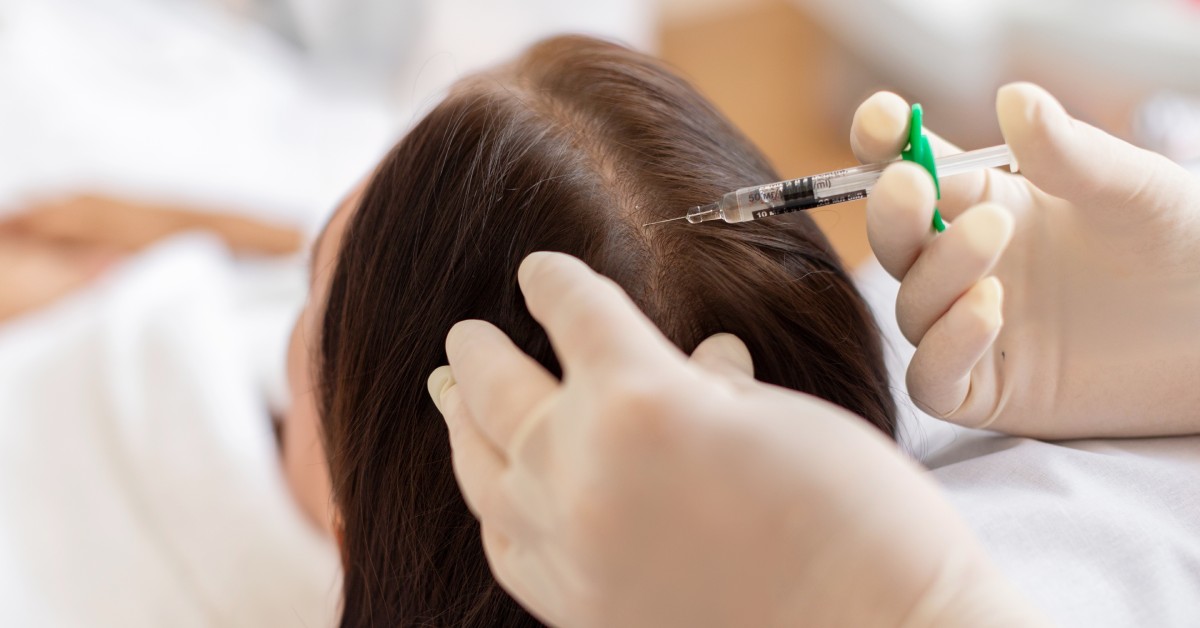
September 17, 2025; By Benjamin Kosubevsky
Every day, your body operates in harmony thanks to the trillions of cells that make up your tissues, organs, and other systems. These microscopic building blocks repair damage, produce energy, and support your overall health. But as time passes, cellular function degrades. Fortunately, you can improve cellular rejuvenation with different therapies and strategies designed to support your body’s natural repair processes.
Your cells handle an incredible amount of stress every day. Whether due to poor nutrition, exposure to environmental toxins, lack of sleep, or the effects of aging, this constant strain gradually wears cells down. Over time, their ability to generate energy, clear out waste, and maintain stable protective barriers diminishes.
This decline doesn’t just affect individual cells; it can lead to broader issues like oxidative stress, reduced mitochondrial function, and chronic inflammation. These changes contribute to the outward signs of aging and may increase the likelihood of developing long-term health problems.
Supporting your cellular health lays the foundation for sustained wellness throughout your life. For instance, cells in peak condition can better manage your metabolism, enhance immune responses, and maintain your energy.
Nutrition plays a vital role in cellular rejuvenation, as the food you eat provides the raw materials your cells need to repair themselves and build resilience. Antioxidant-rich foods, such as blueberries and spinach, help protect your cells by neutralizing free radicals (harmful molecules produced by stress and environmental exposure).
Alongside antioxidants, a balanced intake of macronutrients is essential. Whole foods with high-quality carbohydrates, proteins, and fats supply sustainable energy. Likewise, omega-3 fatty acids from sources like salmon, flax seeds, and walnuts strengthen cell membranes.
On the flip side, processed sugars, refined grains, and trans fats act as cellular stressors, disrupting normal functions and promoting chronic inflammation. By prioritizing nutrient-dense foods and avoiding harmful ones, you create an optimal environment for cellular repair and regeneration.

Sleep is your body’s ultimate reset button, providing the proper time and conditions for repair and restoration. Deep sleep, in particular, is when your body’s most powerful recovery processes take place. During this phase, hormones release into your body and stimulate cellular repair.
When you’re sleep-deprived, your body struggles to neutralize free radicals, which can damage cells and accelerate aging. Prioritizing seven to nine hours of uninterrupted sleep each night allows your antioxidant systems to reset and function optimally. Additionally, consistent sleep patterns help regulate your circadian rhythms, the body’s internal clock that governs cell cycles. This synchronization enhances cellular communication and energy balance.
Proper hydration ensures that your cells can transport nutrients effectively and eliminate waste. Without enough water, these processes slow down, leading to stagnation and inefficiency at the cellular level. Therefore, staying hydrated is an important way you can improve cellular rejuvenation because it supports the lymphatic system. This system flushes out toxins and prevents their accumulation in cells, helping to maintain cellular structure and function.
Hydration also plays a critical role in preserving the integrity of cell membranes. The phospholipid bilayer of each cell relies on water to remain stable and regulate the exchange of nutrients and waste. Drinking at least eight cups of water daily helps keep this structure strong and functional, enabling your cells to perform at their best.
In addition to healthy eating, sleeping, and hydration, other methods exist to improve cellular rejuvenation. One of the most effective ways to support this rejuvenation comes from regenerative therapies.
The treatment, often known as regenerative injection therapy, stimulates the body’s natural healing processes to repair and regenerate damaged tissues. These therapies work by introducing concentrated healing agents, such as platelets or growth factors, directly into areas of concern. Let’s explore some of the most common regenerative therapies below.
PRP therapy uses your blood’s healing power to encourage cellular regeneration in targeted tissues. This innovative method is particularly effective for regenerating soft tissues, as it delivers a concentrated dose of growth factor–rich platelets. These growth factors act as messengers, signaling cells to repair and regenerate.
The process starts with a blood draw, which is then processed to concentrate the platelets. The practitioner injects the platelet-rich plasma into the area requiring treatment, where it enhances healing on a microscopic scale. PRP helps cells create new blood vessels, repair existing damage, and rebuild tissue strength.
VSEL therapy uses a powerful type of stem cell to promote healing and rejuvenation. These very small embryonic-like stem cells (VSELs) come from your own body and may repair, regenerate, and restore cellular health. What makes VSELs special is their size and versatility—they are smaller than typical stem cells and can transform into a wider range of cell types.
The process begins with collecting these potent cells from your body and reintroducing them into areas that need healing. This treatment can aid in strengthening tissues, boosting resilience, and supporting long-term vitality. It can also be particularly beneficial for addressing degenerative conditions and widespread cellular stress.

Exosome IV therapy can enhance cell-to-cell communication, using tiny packets of proteins, lipids, and RNA to deliver instructions that reprogram cells into healthier versions. These exosomes transmit signals that may stimulate repair processes, strengthen immune function, and reduce inflammation, creating a robust environment for cellular health.
Exosomes can also directly support mitochondria—the energy powerhouses of your cells—by delivering essential proteins and genetic material to repair damage and optimize energy production. This comprehensive approach can help to keep cells functional and resilient, even under stress.
In addition to the therapies we mentioned above, here are other regenerative treatments that can help repair and restore cellular function:
Creating a comprehensive plan for cellular rejuvenation means combining the best of both worlds: your daily habits and advanced therapies. This holistic strategy allows you to maintain your current well-being while proactively investing in your long-term vitality. Simply put, it’s about aligning your everyday choices with smart solutions to give your body the best chance to thrive.
If you’re interested in exploring regenerative therapies, book an appointment with The Longevity Center in Florida. We’re here to guide you on your journey to optimal health and cellular rejuvenation.
 The Connection Between TMJ, Posture, and Facial Balance: How Injections May Help
The Connection Between TMJ, Posture, and Facial Balance: How Injections May Help
 The Science Behind Ozone Prostate Injections and Men’s Integrative Health
The Science Behind Ozone Prostate Injections and Men’s Integrative Health
 Tissue Allograft Injections for TMJ: Supporting Joint Health and Recovery Naturally
Tissue Allograft Injections for TMJ: Supporting Joint Health and Recovery Naturally
 Can PRP Injections Work for Hair Growth?
Can PRP Injections Work for Hair Growth?
 Common Causes of Fatigue and How IV Therapy Can Help
Common Causes of Fatigue and How IV Therapy Can Help